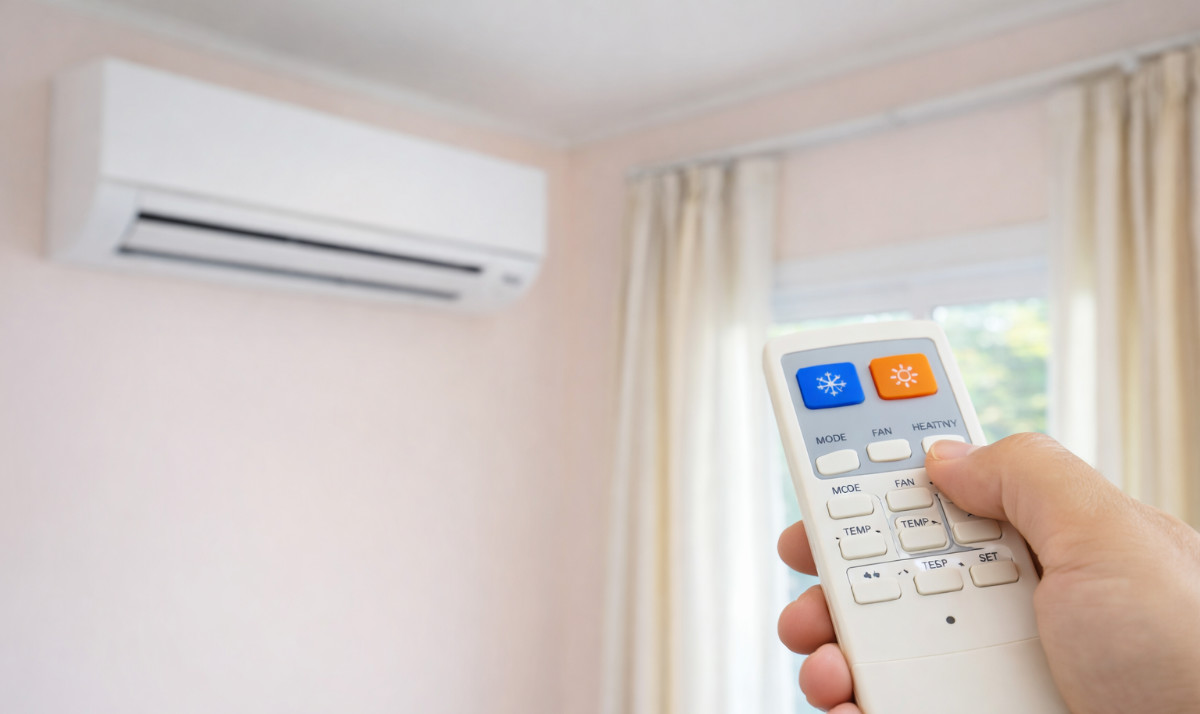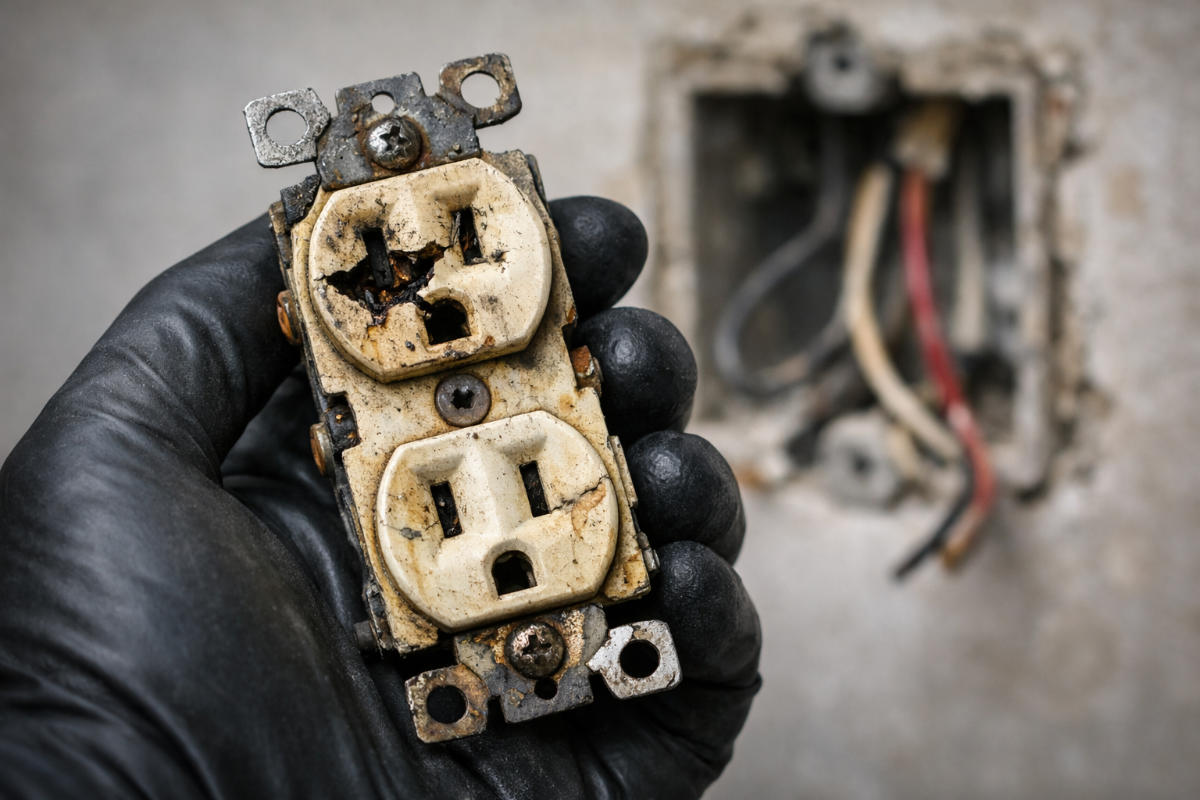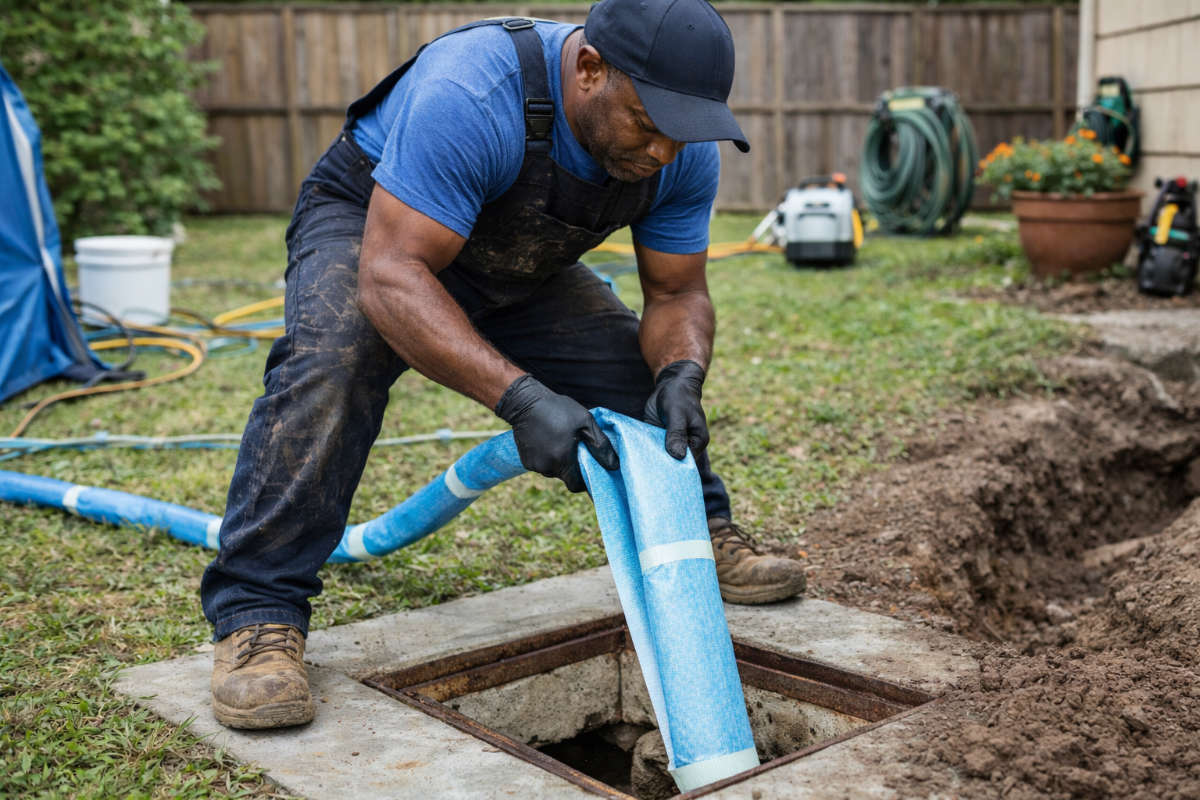You know the feeling: a slow drain starting to test your patience, a mild inconvenience turning into a chore you just want to fix fast. It’s tempting to grab whatever’s on hand—a plunger, a bottle of drain cleaner, maybe even a trusty old wire hanger—and declare victory over that clog yourself. But let’s pump the brakes a bit. DIY drain cleaning can definitely save a trip to a plumber, but some common home remedies can backfire in surprising ways, stir up more trouble than they fix, and haunt you with expensive repairs down the road. So before you dive in, here’s a warm, down-to-earth guide to avoiding those pitfalls and keeping your plumbing happy and healthy.
When DIY Drain Cleaning Feels Like a Great Idea (but Might Not Be)
There’s something empowering about tackling a home project yourself — it’s satisfying, and hey, no surprise service bills. But drains and plumbing are delicate ecosystems: the wrong move can do more harm than good without the right know-how. Tools that aren’t designed for the job, harsh chemicals, or just plain too much force can stress your pipes or push blockages deeper where you can't reach them.
And let’s be honest: while some clogs are simple enough to clear with a plunger, many have sneaky root causes — like buildup deep in the pipes or damaged plumbing components — that DIY methods just won’t fully solve. So, proceed with your eyes open to the risks, and a little more patience for the complexities below your sink.
Chemical Drain Cleaners: Tempting Shortcuts With a Cost
Those colorful bottles that promise to ‘melt away’ clogs fast are popular for a reason. But their magic comes with a cost. Many commercial drain cleaners contain corrosive chemicals like sodium hydroxide or sulfuric acid, which:
- Can slowly erode your pipes from the inside, leading to leaks or worse — think cracks or bursts that could flood your home.
- Pose health risks through toxic fumes and skin burns if splashed or mishandled.
- Harm the environment when these chemicals get flushed into waterways (not cool, right?).
If you want to take the plunge, consider enzyme-based cleaners instead — they’re gentler, use natural processes to break down organic material, and are kinder to both your plumbing and the planet. Pairing these with physical methods like a proper drain snake often does the trick without the collateral damage.
Makeshift Tools: Wire Hangers and Metal Rods Are Not Your Friends
Maybe you’ve seen it in movies: a bent wire hanger becomes a plumbing hero. In reality? Using random household items to poke around in your pipes is a quick way to cause damage.
Rigid tools can scratch or puncture pipes, especially older ones made of PVC or metal with corrosion. Worse, poking clogs might push debris farther down, meaning you’ve just turned a manageable clog into a nightmare that requires a professional snake or hydro jetting to clear.
Instead, invest in a real drain snake or an auger that fits your drain type. These tools flex and follow the pipe’s twists safely. Remember, the right tool makes all the difference between fixing a blockage and fixing a catastrophe.
Plunging: Less Is Often More
Plungers get a bad rap, but they’re one of the simplest and safest tools for minor clogs — when used right. The trick? Patience and technique.
- Start by making sure you have a good seal around the drain.
- Use slow, steady thrusts instead of wild, full-force pushes.
- Take breaks to see if the water is draining before you plunge more.
Plunge too hard or too often and you risk cracking brittle pipes or forcing clogs deeper, which is about as fun as stepping on a Lego in the dark. If you find yourself needing to plunge constantly, it’s a sign to call in the pros rather than turning your plumbing into a rollercoaster ride.
Drain Snakes: Powerful Tools That Need a Gentle Touch
Drain snakes (or augers) sound like serious plumbing gear—and they are. They can reach deep blockages that the plunger can’t touch, but they require a bit of finesse.
Push or twist too aggressively, and you risk scraping or damaging the pipe walls. The springy cable can even snap back and cause injury if you’re not careful.
If you’re confident in your abilities, go slow and steady. If not, that’s exactly when it makes sense to reach out to Sunset Heating & Cooling. Our experienced technicians wield these tools daily—carefully clearing clogs without risking damage or injury.
What Causes Recurring clogs? Don’t Just Treat the Symptom
One of the biggest traps is to keep clearing clogs without asking why they keep coming back. Persistent drain issues often signal deeper problems like:
- Build-up of grease and soap scum narrowing pipes.
- Damaged or misaligned pipe sections creating snags.
- Tree roots invading underground sewer lines.
Ignoring these causes is like throwing a band-aid on a leak—you’ll have to patch up over and over again. Having a professional inspection can uncover the source of the trouble. We use state-of-the-art video cameras to look inside your pipes and pinpoint issues hidden from view. This means we can offer long-term solutions that actually keep your drains flowing smoothly.
Boiling Water: Proceed With Caution
Heat can loosen up grease and grime, so some homeowners pour boiling water down their drains hoping to melt away clogs. But this can backfire, especially if your plumbing uses plastic pipes.
Boiling water can warp or soften plastic, causing leaks later on—and it won’t magically clear every clog either. Warm (not boiling!) water is a safer bet to flush minor buildups without the risk of heat damage.
Skip the Baking Soda and Vinegar Gimmick
The baking soda and vinegar combo is undoubtedly popular as a natural, eco-friendly cleaner. But despite the fizz and bubble show, it’s largely ineffective on serious clogs. It can temporarily help with odors and mild grime, but:
- It doesn’t generate pressure or mechanical action to break up tough blockages.
- Repeated use might create pressure buildup inside pipes.
Instead, regular professional drain cleaning paired with good everyday habits (more on those next) will protect your plumbing far better and longer.
Prevention Is Your Best Friend
The ideal “DIY” drain clean isn’t a frantic scramble after a clog—that’s more like playing catch-up with a plumbing headache. The real secret to happy drains is prevention by keeping debris and grease at bay before they lodge in your pipes.
Easy wins include:
- Installing drain strainers or screens to catch hair and food bits.
- Avoiding pouring grease or oil down your drains, which solidifies and clogs pipes.
- Wiping pots and pans clean before washing.
- Scheduling regular drain inspections and cleanings with Sunset Heating & Cooling.
Our maintenance plans help you stay ahead of clogs and keep your plumbing in tip-top shape year-round, saving you time, money, and stress.
When It’s Time to Call the Pros
We get it—everyone loves a good DIY win. But when your drains repeatedly refuse to play nice or a clog’s more than just a minor annoyance, that’s the moment to pick up the phone.
At Sunset Heating & Cooling, we’re your local experts in drain cleaning, plumbing repairs, and preventive maintenance across Portland and the surrounding areas. Our experienced techs bring the right tools, skilled hands, and personal touch to solve your plumbing issues safely and efficiently—letting you get back to enjoying your home without the hassle.
Ready for a Clog-Free Home?
Don’t let stubborn drains cramp your style. Reach out to Sunset Heating & Cooling today at (503) 773-6695 or book an appointment online. Let’s keep your pipes flowing freely and your Northwest chill intact!
This guide is here to help you avoid the most common DIY drain cleaning mistakes—and when to know it’s time for an expert. With a little care and the right help, your home’s plumbing can stay smooth sailing, no matter what the season brings.







